




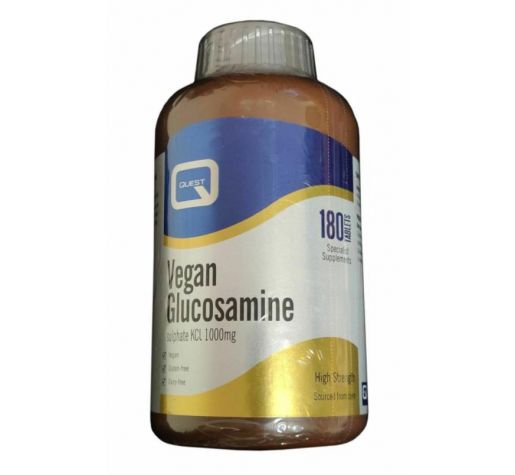
OptiBac For Women Intimate Flora
£7.99 – £43.67
For Women
OptiBac For Women Intimate Flora is a popular probiotic supplement specifically designed to support vaginal health. Here’s a breakdown of its uses and potential health benefits:
What is OptiBac For Women Intimate Flora?
It’s a probiotic supplement containing live cultures of specific bacteria strains known to be beneficial for the vaginal microbiome. The most common strains in this product include:
-
Lactobacillus rhamnosus GR-1
-
Lactobacillus reuteri RC-14
These bacteria are naturally found in a healthy vaginal environment and are thought to play a crucial role in maintaining balance.
Uses and Potential Health Benefits:
-
Maintaining a Healthy Vaginal Microbiome: This is the primary goal. The good bacteria in the supplement help to crowd out harmful bacteria and yeast, preventing overgrowth and maintaining a balanced environment.
-
Prevention and Management of Bacterial Vaginosis (BV): BV is a common vaginal infection caused by an imbalance of bacteria. The Lactobacillus strains in OptiBac Intimate Flora have shown potential in clinical studies to:
-
Prevention and Management of Yeast Infections (Candidiasis/Thrush): While not a direct antifungal, a healthy balance of bacteria in the vagina can help to prevent yeast from overgrowing. The Lactobacillus strains can help create an environment that is less favorable for yeast. The benefits for yeast infections are often less pronounced than for BV, but some women find it helpful as part of a comprehensive approach.
-
Reducing the Risk of Urinary Tract Infections (UTIs): Although OptiBac For Woman is primarily targeted toward vaginal health, some research suggests that maintaining a healthy vaginal microbiome can indirectly reduce the risk of UTIs. The proximity of the vagina and urethra means that beneficial bacteria in the vagina can help prevent harmful bacteria from ascending into the urinary tract.
-
Supporting Overall Vaginal Health and Comfort: By promoting a healthy balance of bacteria, OptiBac For Woman Intimate Flora can help reduce symptoms like:
-
Unpleasant odor
-
Discharge
-
Itching
-
Irritation
-
-
After Antibiotic Use: Antibiotics kill both good and bad bacteria. Taking OptiBac For Woman Intimate Flora after a course of antibiotics can help replenish the good bacteria in the vagina and prevent imbalances that can lead to BV or yeast infections.
-
During Pregnancy: Some pregnant women use these types of probiotics to maintain a healthy vaginal microbiome, as hormonal changes during pregnancy can make woman more susceptible to infections. Always consult with a doctor or midwife before taking any supplements during pregnancy.
Important Considerations:
-
Not a Cure-All: OptiBac For Woman Intimate Flora is a supplement and should not be considered a replacement for medical treatment. If you suspect you have a vaginal infection, it’s essential to see a doctor for diagnosis and appropriate treatment.
-
Individual Results Vary: Probiotics affect people differently. What works for one person may not work for another.
-
Consult a Healthcare Professional: It’s always best to discuss with your doctor or other healthcare provider before starting any new supplement, especially if you have underlying health conditions, are pregnant, or are taking other medications. They can help determine if it’s appropriate for you and advise on dosage.
-
Dosage and Usage: Follow the directions on the product label or as directed by your healthcare professional. Usually, it’s one capsule per day, taken orally. Some people take it with or without food.
-
Possible Side Effects: Side effects are generally mild and uncommon. They may include temporary gas, bloating, or changes in bowel habits. If you experience any severe or persistent side effects, stop taking the supplement and consult your doctor.
-
Storage: Store as directed on the product label, usually in a cool, dry place. Some probiotics may require refrigeration.
-
Research is Ongoing: While there’s promising research on the use of probiotics for vaginal health, more studies are needed to fully understand their effectiveness and long-term effects.
In Summary:
OptiBac For Woman Intimate Flora can be a helpful tool for maintaining a healthy vaginal microbiome and potentially reducing the risk or symptoms of certain vaginil infections. However, it’s crucial to use it as part of a comprehensive approach to vaginal health, including good hygiene practices and regular check-ups with your doctor. Always consult with a healthcare professional before starting any new supplement.

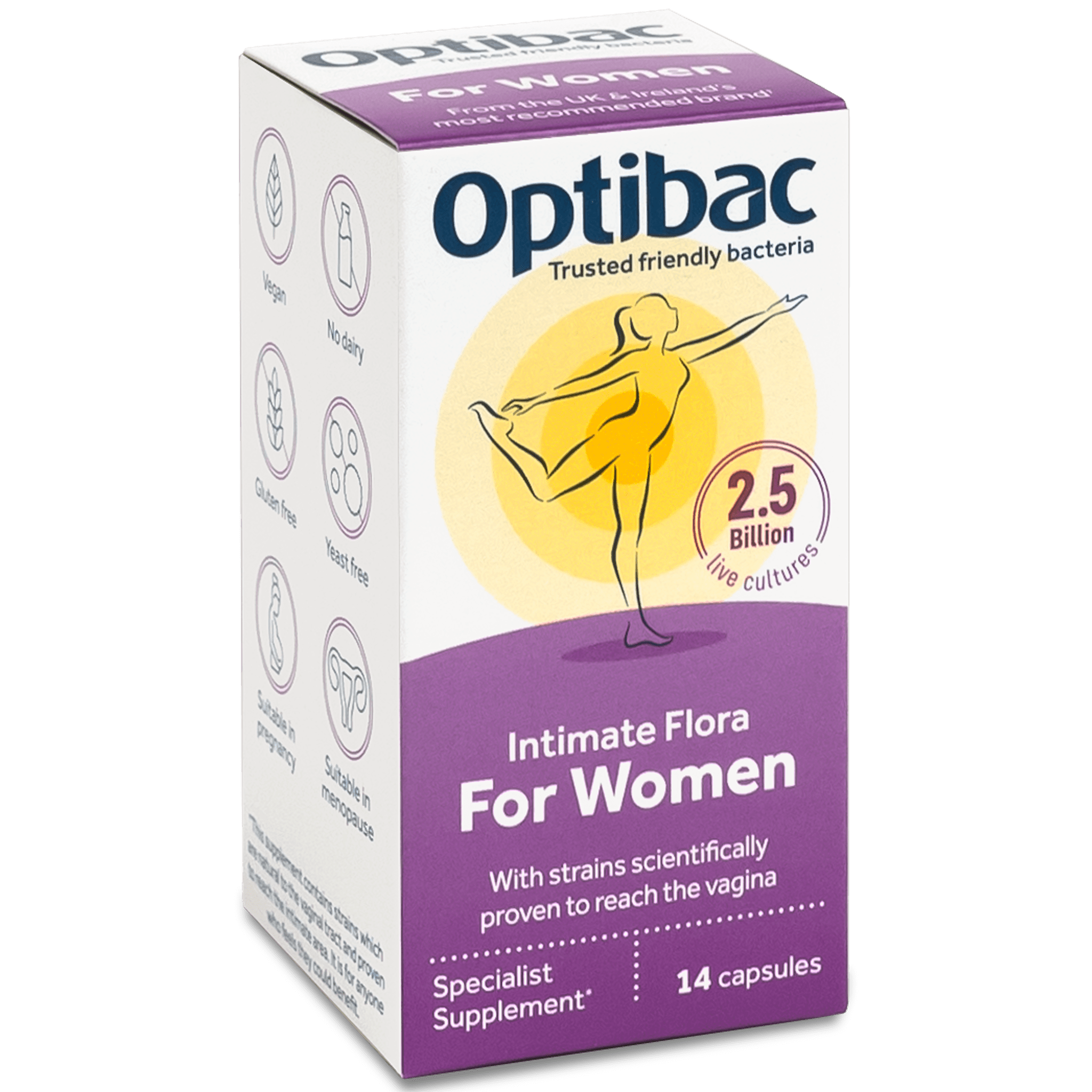
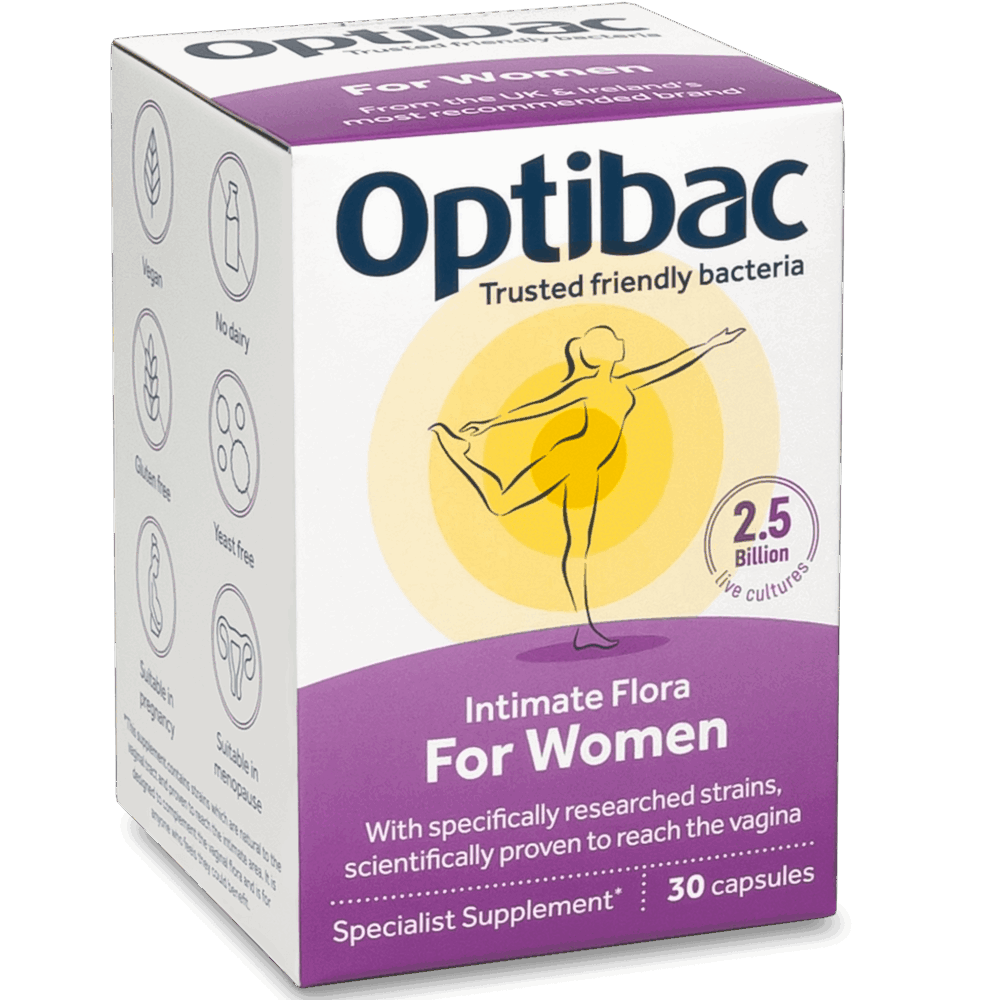
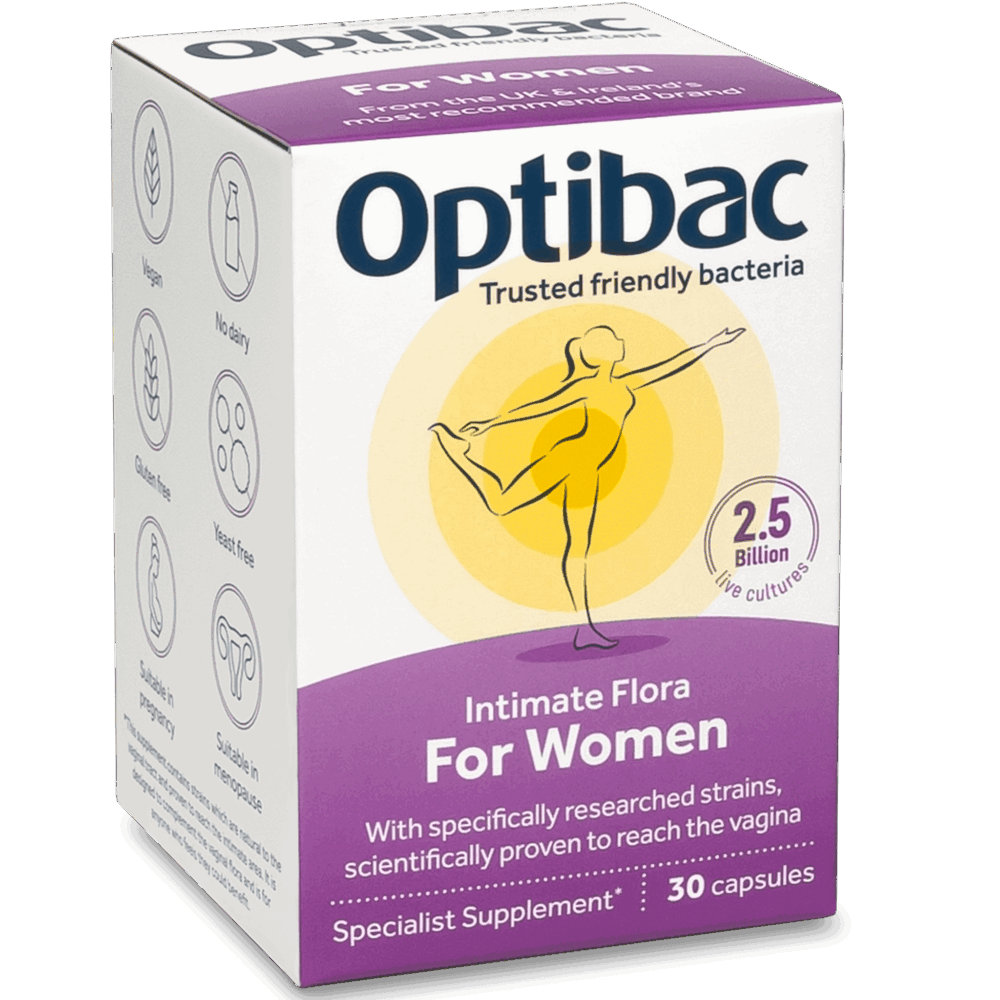


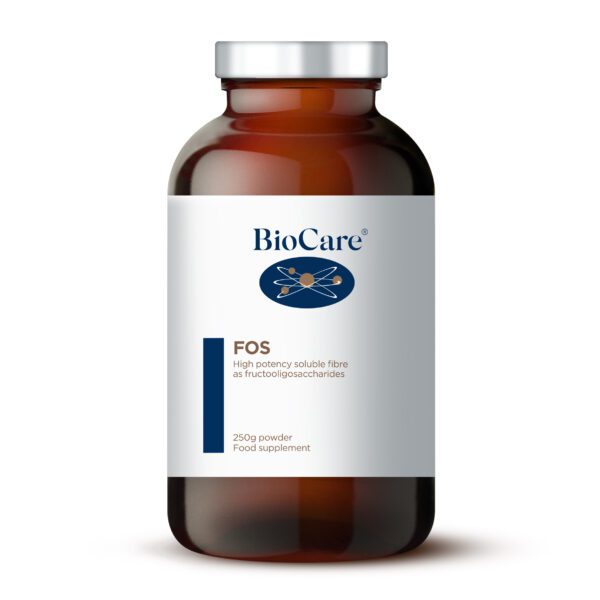




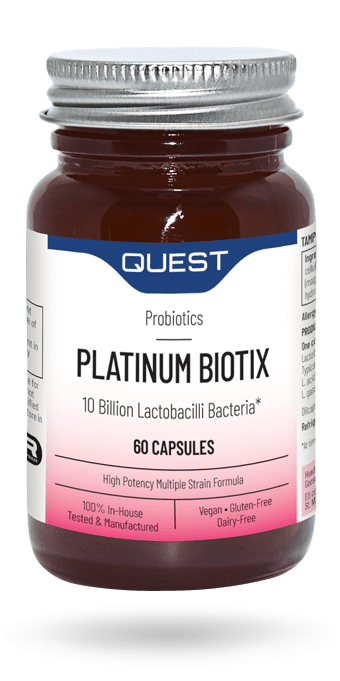




Reviews
There are no reviews yet.